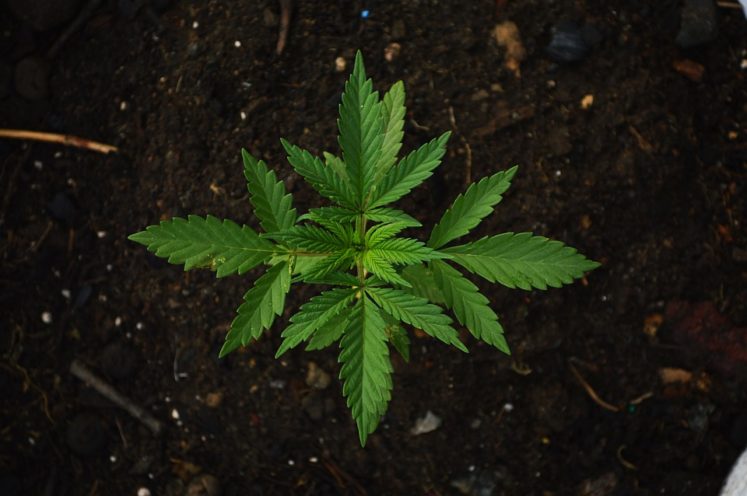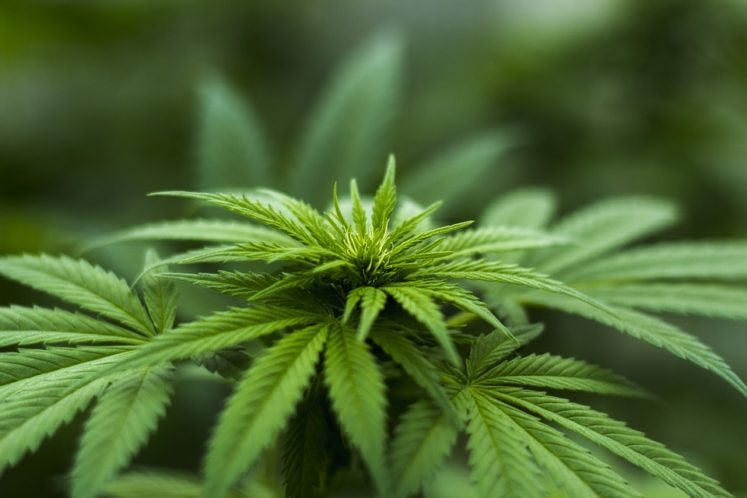As medical marijuana usage spreads across the U.S. (29 states and counting), recreational marijuana is following, hot on the heels of its medically utilized cousin. Seven states and Washington D.C. have currently legalized the drug, with Maine set to follow suit and become the eighth, potentially very soon. A key state that has pioneered both recreational medical marijuana card usage is California; it was the first to legalize MMJ way back in 1996, and last year, on November 9th, the state voted to legalize recreational usage, the day after a tumultuous presidential election.
As a concession to the long-standing MMJ community in the state, from November 9th, 2016, qualified patients or their primary caregivers were exempted from retail sales tax on medical cannabis, medical cannabis concentrate, edible medical cannabis products, or topical cannabis if they present a valid medical marijuana identity card (or MMIC for short) issued by CDPH at the time of purchase. The state-wide rollout of the Adult Use of Marijuana Act, commonly known as Proposition 64, is due to kick off on January 1st, 2018 – a mere two weeks from now. The state has had 13 months to prepare itself for the inauguration of recreational marijuana. The question is: is it ready?
In short, the answer is no. At least not completely. California is a huge state, and while there has been significant headway made in the rollout, most cities and counties won’t be ready to sell recreational marijuana by January 1st. A lot of the hold-up is due to the systematic regulation of what was very recently an unregulated, billion dollar industry; naturally this will take some time, and many locales are estimating an extra six to 18 months to get the systems in place. However, as of January 1st, both medical and recreational marijuana will be legal in California, leading many existing patients to ask a very pertinent question: will a medical marijuana card still be needed following legalization?
The answer to that question is a resounding “yes,” for two main reasons. The first is that, ideally, your medical marijuana will be a specific strain that is suited and prescribed especially for your specific condition. Therefore, the only way you can guarantee a continued supply of your specific medicine during the big changeover is with a medical marijuana identification card. No one knows exactly how long it’ll be until every area of California is up and running selling recreational marijuana. So on the first day of 2018, keep to your tradition and acquire your MMJ the usual way: with your medical marijuana card in hand.
The second big reason is that you won’t be able to get recreational marijuana anywhere in California for the foreseeable future. MMJ dispensaries are only licensed to be just that: medical marijuana dispensaries. They won’t just start selling recreational marijuana, and you will always require an MMJ card to purchase the drug from their outlets. Therefore, you can happily conclude that the only way to get MMJ in California for much of 2018 will be with that all-important card. In an ideal word, recreational and medical marijuana would be available hand-in-hand from January 1st; however, that’s just not feasible, and the sad truth is that the state is woefully unprepared for a mass rollout of recreational marijuana on that date, despite the fact that it will technically be legal to sell it.

If you’ve already got an MMJ card in California, you’ll still need it after the new legislation is rolled out.
Another question that many citizens across the state are asking is, “If recreational marijuana is so close, do I need to bother picking up a medical marijuana card?” Again, the answer to this is a resounding “yes,” mainly for the two reasons listed above. But another perk of registering for a medical marijuana card is that you’ll pay no sales tax on the medicine. This is a major benefit, and one that should be factored in to each individual’s decision about MMJ. Proposition 64 does not in any way abolish the state’s medical marijuana program – it simply makes a couple of amendments to it. The California Department of Public Health will continue to produce the cards and maintain a registry of patients.
Unfortunately, the situation as it stands is extremely uncertain, and will remain so for some time. No one in the state, from the government to the sellers, knows exactly what form recreational marijuana will eventually take, or how long it’ll be until it is properly regulated. There is some concern over a potential black market inflation because of the stall, which comes with the added disadvantage of slowing the whole thing down further. Currently (and for the foreseeable future), the only legal, advantageous, and ultimately secure way to avail of medical marijuana in California is via a medical marijuana identity card. This will ensure each patient gets the uninterrupted medicine they require from state-licenced dispensaries, and will continue to provide them with MMJ’s many proven benefits.

